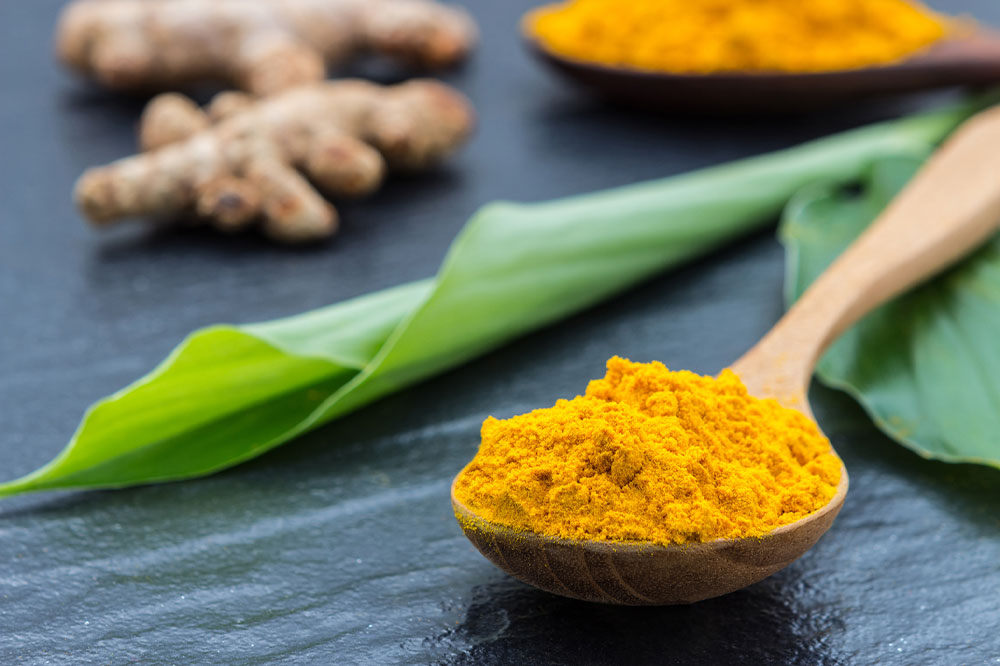
Psoriasis – Types and home remedies
Psoriasis is one of the most prominent autoimmune skin diseases worldwide, affecting more than 100 million people. It primarily speeds up the growth cycle of skin cells, which results in skin inflammation throughout the body. It also causes the skin to peel and form scaly patches characterized by redness, itchiness, and pain. This article lists the five main types of psoriasis that affect individuals and the best home remedies to manage the same.
Types of psoriasis
Doctors have identified multiple types of psoriasis that differ in terms of symptoms and severity. Individuals may suffer from more than one type at a given time. Here are a few of them:
Plaque psoriasis
Also known as psoriasis vulgaris, this is one of the most common types, observed in almost 80% of cases. In plaque psoriasis, one develops red patches on the skin, often covered by a silver or white scaly layer. The scaly patches are typically one to ten centimeters wide and mainly affect the scalp, elbows, lower back, or the knees.
Guttate psoriasis
Guttate psoriasis is yet another common type. A person with guttate psoriasis develops drop-shaped, tiny red spots on the skin due to inflammation. The spots usually occur on the face and scalp but can also be found on the arms, torso, and legs.
Inverse psoriasis
Inverse psoriasis, also known as flexural psoriasis, causes inflammation, specifically in the folds of the skin. This type of psoriasis commonly occurs in areas including the armpits, under the breasts, the buttocks, and the groin area. Inverse psoriasis is typically caused due to sweat and dirt settling in these areas.
Pustular psoriasis
Pustular psoriasis, observed in only three percent of cases, is more severe than the other types. The skin is covered by white cystic bumps, known as pustules. Pustules are often surrounded by red skin and can merge to develop scaly layers. The pus in the pustules is non-infectious but can sometimes cause flu-like symptoms.
Erythrodermic psoriasis:
Erythrodermic psoriasis is considered one of the rarest. Its rarity can be gauged from the fact that it is observed in just two percent of cases. Erythrodermic psoriasis is also sometimes referred to as exfoliative psoriasis, and it occurs in the form of large patches on the skin. It usually leads to a health emergency, so patients with symptoms must visit a doctor immediately.
Home remedies for psoriasis
While alternative treatment options for psoriasis are available, home remedies can also relieve the symptoms. It is advisable to consult a doctor before using any of the following methods:
Moisturization
One of the prominent symptoms of psoriasis is itchy, dry, and flaky skin. Hence, doctors suggest applying creams and moisturizers to prevent the same. Specific creams to treat psoriasis contain ingredients like coal tar that can effectively treat dry and flaky skin.
Aloe vera
Aloe vera has long been used for several skin conditions, including psoriasis. The gel from the aloe vera plant treats not only skin wounds but also the itchy and inflamed skin caused due to psoriasis. Topical creams containing aloe vera can also be applied to the affected area. However, one must consult a doctor first as some people are allergic to other components present in the aloe vera plant that may aggravate the skin condition.
Hydration
Staying hydrated is essential for healthy skin. While eight glasses of water are recommended every day for hydration, the required quantity is different for everyone, depending on the climate of their location and level of activity. For instance, people living in humid areas may need less water than those in hot and dry places. The key is to avoid dehydration, which causes dry skin that can worsen psoriasis.
Turmeric
Turmeric contains a compound that has excellent anti-inflammatory properties. Inflammation is one of the significant symptoms of psoriasis. Hence, including turmeric in the daily nutrition plan or applying it to affected areas can help relieve psoriasis symptoms.
Omega-3 fatty acids
Fish like salmon, trout, sardine, and herring contain omega-3 fatty acids in abundance, which can aid in treating psoriasis. Omega-3 fatty acids can help improve immunity and reduce inflammation, thereby helping manage psoriasis symptoms. Besides fatty fish, omega-3 can be found in excellent quantities in walnuts, flaxseeds, and chia seeds.
Those who notice the symptoms of psoriasis should visit a doctor without delay. In most cases, a physical examination is all that is required to diagnose the condition. However, sometimes it can be hard to tell because symptoms like rash and redness mimic other benign conditions like allergies.




